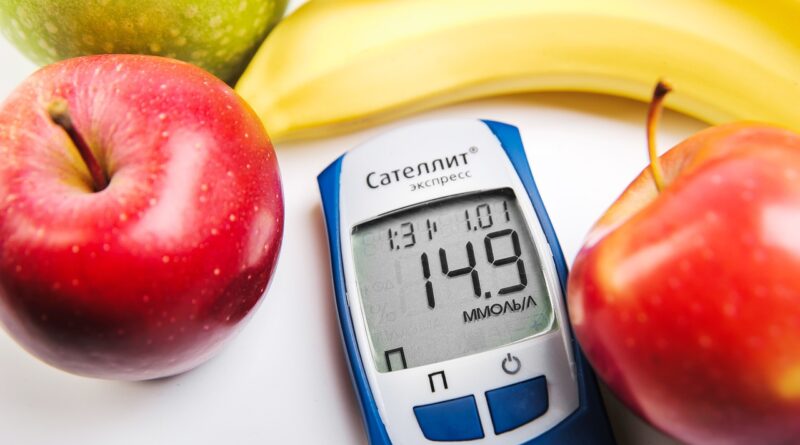Uganda’s Dual Approach to Tackle Type 1 Diabetes in Children and Young People
A new report by the Access to Medicine Foundation highlights the challenges and ongoing efforts to address type 1 diabetes (T1D) among children and young people (CYP) in low- and middle-income countries, with a specific focus on Uganda. The report emphasizes the necessity of sustainable access to diabetes care, without which, this manageable chronic condition can lead to severe and preventable outcomes for affected children.
In Uganda, approximately 6,000 children and young people under the age of 20 are living with T1D. In 2024, it was estimated that 760 CYP in Uganda lost their lives to T1D, with 1,300 new cases diagnosed. The prevalence of T1D in Uganda is 21 cases per 100,000 CYP, which is lower than the average of 42.3 per 100,000 across the 113 LMICs analyzed in the report. Uganda ranks 54th out of the 113 LMICs in the prevalence of T1D among CYP under the age of 20.
The Access to Medicine Foundation’s report indicates that Uganda is one of the 20 LMICs where the Changing Diabetes in Children (CDIC) initiative directly donates insulin products. Between 2009 and 2016, a collaboration between CDIC, the World Diabetes Foundation (WDF), and the Ministry of Health of Uganda led to the establishment of specialized clinics, training of healthcare professionals, and education for patients and their families. This initiative resulted in the establishment of seven T1D clinics in both urban and rural districts of Uganda.
Additionally, Uganda is one of the 11 LMICs where the Virtual Buddy Doctor initiative operates as part of the iCARE scheme. The Virtual Buddy Doctor is an online mentoring program that connects experienced diabetes specialists with healthcare providers, enhancing diabetes care through virtual training, webinars, and peer discussions, particularly in remote areas. iCARE is a broader inclusive business model supported by Novo Nordisk.
The report by the Access to Medicine Foundation highlights that while initiatives like CDIC and iCARE are crucial, there are still challenges in ensuring comprehensive and sustainable access to T1D care for all children and young people in Uganda. The Foundation’s data indicates that across 71 LMICs with company-supported initiatives, only 8% of the estimated 825,000 children and young people in need were reached with insulin and supplies. This stark reality underscores the urgent need for scaling up support, improving access to a broader range of products, and establishing sustainable systems of care to address the growing crisis of T1D in LMICs.
The initiatives analyzed in the report are supported by key players in the pharmaceutical industry, including Eli Lilly and Company, Novo Nordisk, Sanofi, and Biocon Limited. These companies provide a range of support, from insulin donations and delivery devices to financial contributions and capacity-building efforts.
The Access to Medicine Foundation’s report offers recommendations on scaling and sustaining access to diabetes care. These include strategically scaling existing initiatives to reach more children, ensuring a choice and access to a broader range of products, improving the sustainability of T1D care, addressing availability and affordability gaps, and strengthening data-driven approaches.

